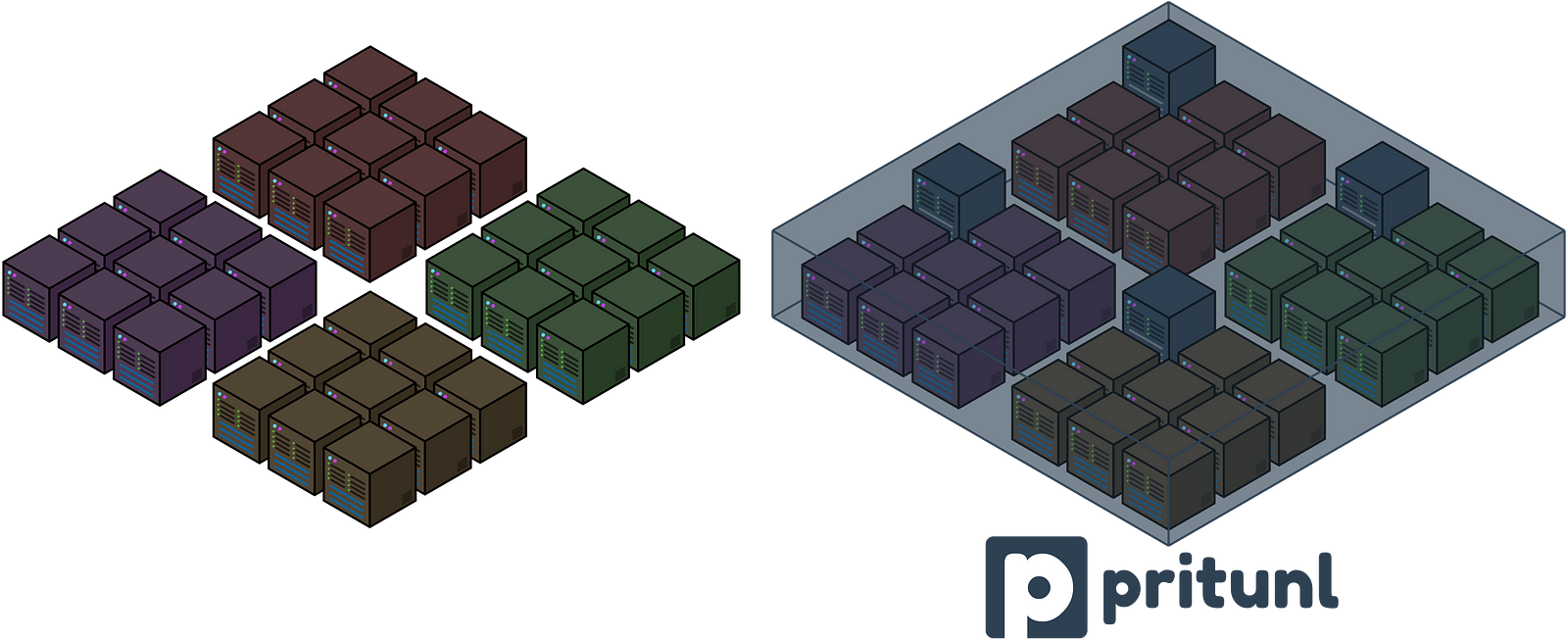

In XStream before version 1.4.16, there is a vulnerability may allow a remote attacker to load and execute arbitrary code from a remote host only by manipulating the processed input stream. XStream is a Java library to serialize objects to XML and back again. If you rely on XStream's default blacklist of the Security Framework, you will have to use at least version 1.4.16. No user is affected, who followed the recommendation to setup XStream's security framework with a whitelist limited to the minimal required types. An attacker can manipulate the processed input stream and replace or inject objects, that result in a server-side forgery request.

XStream creates therefore new instances based on these type information. In XStream before version 1.4.16, there is a vulnerability where the processed stream at unmarshalling time contains type information to recreate the formerly written objects. An attacker with network access to the MS3000 Server could be able to read and write arbitrary files on the local file system\nby sending specifically crafted packets to port 5010/tcp.\n\nThis vulnerability is independent from CVE-2019-18321.\n\nPlease note that an attacker needs to have network access to the MS3000\nin order to exploit this vulnerability.\n\nAt the time of advisory publication no public exploitation of this security\nvulnerability was known. An attacker with network access to the MS3000 Server could be able to read and write arbitrary files on the local file system\nby sending specifically crafted packets to port 5010/tcp.\n\nThis vulnerability is independent from CVE-2019-18322.\n\nPlease note that an attacker needs to have network access to the MS3000\nin order to exploit this vulnerability.\n\nAt the time of advisory publication no public exploitation of this security\nvulnerability was known.Ī vulnerability has been identified in SPPA-T3000 MS3000 Migration Server (All versions). 99 allowed a remote attacker to potentially perform a sandbox escape via a crafted HTML page.Ī vulnerability has been identified in SPPA-T3000 MS3000 Migration Server (All versions).
#Pritunl insecure free#
Use after free in Site isolation in Google Chrome prior to.
#Pritunl insecure install#
71 allowed an attacker who convinced a user to install a malicious extension to to potentially allow extension to escape the sandbox via a crafted HTML page. Inappropriate implementation in DevTools in Google Chrome prior to. 45 allowed a remote attacker who had compromised a WebUI renderer process to potentially perform a sandbox escape via a crafted HTML page. Heap buffer overflow in fingerprint recognition in Google Chrome on ChromeOS prior to. 54 allowed a remote attacker who had compromised the renderer process to potentially perform a sandbox escape via a crafted HTML page. Heap buffer overflow in Skia in Google Chrome prior to. Exploitation of this issue does not require user interaction and could result in arbitrary code execution.

Use After Free in GitHub repository radareorg/radare2 prior to 5.6.2.Īdobe Commerce versions 2.4.3-p1 (and earlier) and 2.3.7-p2 (and earlier) are affected by an improper input validation vulnerability during the checkout process. If the server connects with a malicious client, crafted client requests can remotely trigger this vulnerability. The rad_packet_recv function in radius/packet.c suffers from a memcpy buffer overflow, resulting in an overly-large recvfrom into a fixed buffer that causes a buffer overflow and overwrites arbitrary memory. If the client connects to the server and sends a large radius packet, a buffer overflow vulnerability will be triggered. This vulnerability affects Firefox val.integer without any bound checks. The iframe sandbox rules were not correctly applied to XSLT stylesheets, allowing an iframe to bypass restrictions such as executing scripts or navigating the top-level frame.


 0 kommentar(er)
0 kommentar(er)
